Discover the Women of the Hall
These are the Inductees of the National Women’s Hall of Fame. Select any of the women to discover their stories and learn how they have influenced other women and this country.
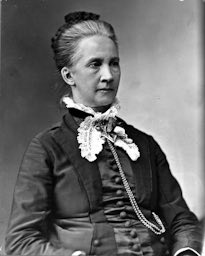 Belva Lockwood
Government
1830
New York
1983
Belva Lockwood
Government
1830
New York
1983

Belva Lockwood
First woman to practice law and argue a case before the U.S. Supreme Court (1879). Lockwood became a lawyer when she was 40 and used her knowledge to help secure women’s suffrage, property law reforms, pay equity and world peace. She helped open the legal profession to women.
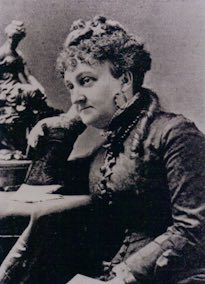 Myra Bradwell
Government
1831
Vermont
1994
Myra Bradwell
Government
1831
Vermont
1994

Myra Bradwell
America’s first woman lawyer. When denied permission to practice law in Illinois (despite passing the bar examination) because of her gender, she began publishing The Chicago Legal News, a very successful legal journal. When the laws changed in 1892, Bradwell was admitted to practice in Illinois and in the U.S. Supreme Court.
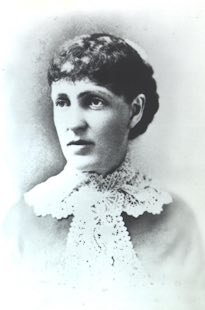 Kate Stoneman
Government
1841
New York
2009
Kate Stoneman
Government
1841
New York
2009

Kate Stoneman
Kate Stoneman was the first woman admitted to practice law in New York State. In 1885, she became the first female to pass the New York State Bar Exam, but her 1886 application to join the bar was rejected because of her gender. Stoneman immediately launched a lobbying campaign to amend the Code of Civil Procedure to permit the admission of qualified applicants without regard to sex or race, and was successfully admitted to the bar later the same month. In 1898, she became the first female graduate of Albany Law School, and was the first woman to receive a bachelor’s degree from any department of Union University.
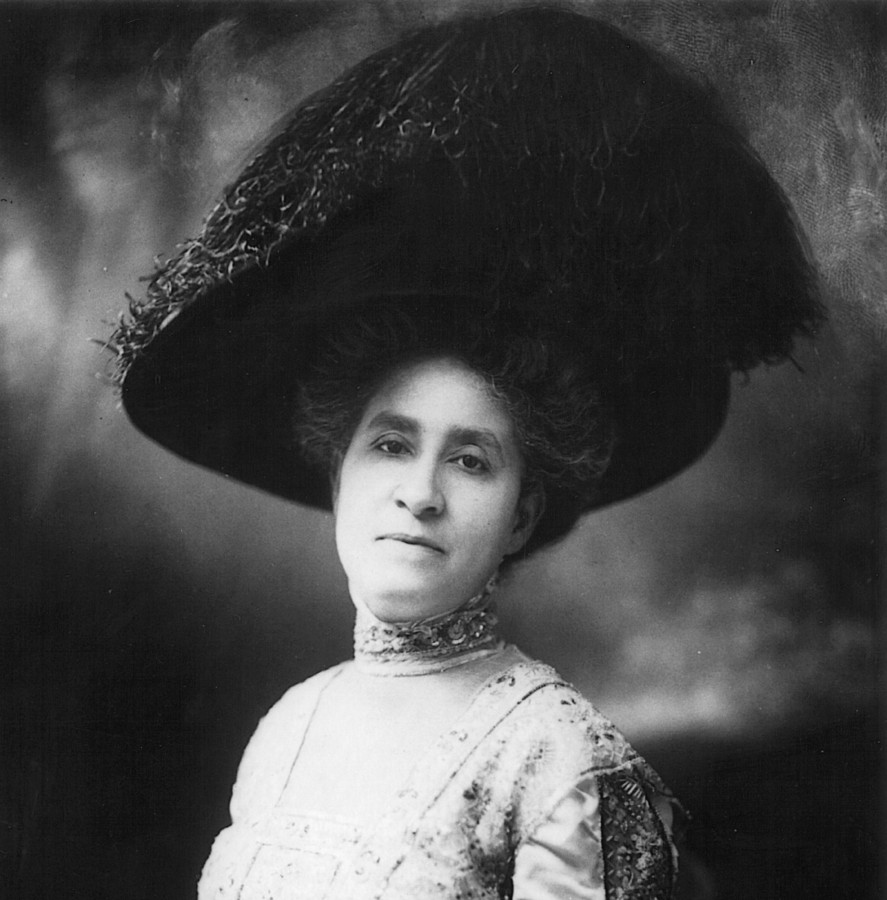 Mary Church Terrell
Government
1863
2020
Mary Church Terrell
Government
1863
2020

Mary Church Terrell
One of the most prominent activists of her era with a career that spanned well into the civil rights movements of the1950’s. Terrell believed in racial uplift and equal opportunity, actively campaigning for women’s and Black women’s suffrage.
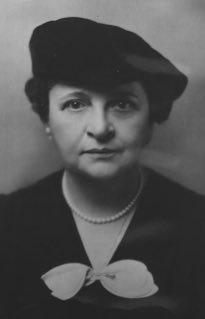 Frances Perkins
Government
1880
Massachusetts
1982
Frances Perkins
Government
1880
Massachusetts
1982

Frances Perkins
Public official and first woman to hold a Presidential Cabinet office and first woman Secretary of Labor. Appointed by President Roosevelt in 1932, she served for all of his terms, 1933-1945.
 Jeannette Rankin
Government
1880
Montana
1993
Jeannette Rankin
Government
1880
Montana
1993

Jeannette Rankin
First woman elected to the U.S. Congress. Rankin served two separate terms representing Montana, and was the only U.S. Representative to vote against America’s entry into both World Wars. A lifelong pacifist, she worked for peace until her death.
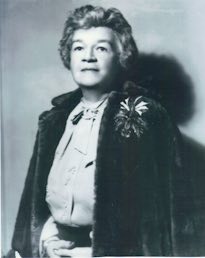 Edith Nourse Rogers
Government
1881
Maine
1998
Edith Nourse Rogers
Government
1881
Maine
1998

Edith Nourse Rogers
Massachusetts Congresswoman who introduced the “G.I. Bill of Rights” Act and Women’s Army Auxiliary Corp (WAC) legislation. The “Bill of Rights” guaranteed veterans’ health and education benefits (also small business loans). In addition, it supported research and development of prosthetic appliances. Rogers pushed for equality for women in and out of military until her death.
 Florence Ellinwood Allen
Government
1884
Utah
2005
Florence Ellinwood Allen
Government
1884
Utah
2005

Florence Ellinwood Allen
Judge Florence Ellinwood Allen was a legal pioneer, breaking barriers for women in law. Her numerous accomplishments include becoming the first American woman to hold the office of Assistant County Prosecutor, first woman judge of the highest court of a state by election (Ohio), and first female judge of a United States Circuit Court of Appeals by presidential appointment.
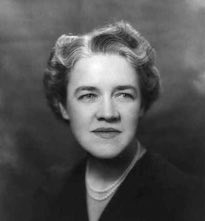 Margaret Chase Smith
Government
1897
Maine
1973
Margaret Chase Smith
Government
1897
Maine
1973

Margaret Chase Smith
Beginning her political career by assuming her deceased husband’s seat in the U.S. House of Representatives, she ran for and became a U.S. Senator from Maine. Margaret Chase Smith served four terms and was an advocate for a strong national defense.
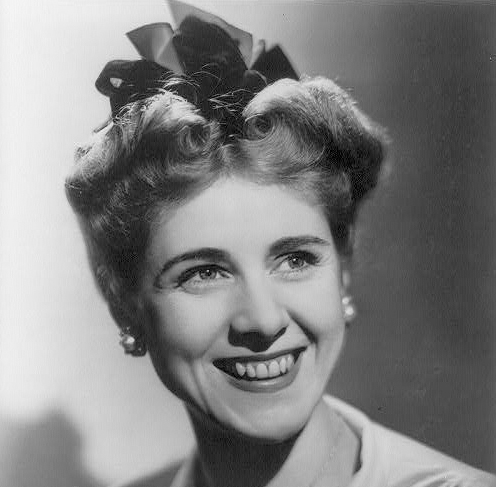 Clare Boothe Luce
Arts, Government, Humanities, Philanthropy
1903
New York
2017
Clare Boothe Luce
Arts, Government, Humanities, Philanthropy
1903
New York
2017

Clare Boothe Luce
She was instrumental in the creation of the Atomic Energy Commission and later established an endowment for what has become one of the single most significant sources of private support for women in science, mathematics, and engineering.
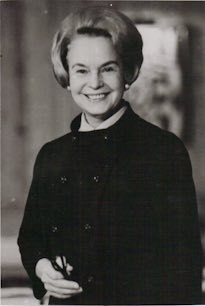 Oveta Culp Hobby
Government
1905
1996
Oveta Culp Hobby
Government
1905
1996

Oveta Culp Hobby
Shaped the development of two major government institutions as first Director of the Women’s Army Corps and first Secretary of the Department of Health, Education and Welfare. She was the first female to attain the rank of United States Colonel and the only woman to serve in President Dwight D. Eisenhower’s cabinet.
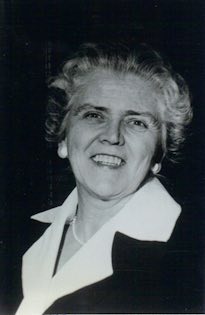 Mary A. Hallaren
Government
1907
1996
Mary A. Hallaren
Government
1907
1996

Mary A. Hallaren
Leader who, as Director of the Women’s Army Corps, championed permanent status for women in the military after World War II. Later, as Director of Women in Community Service, Hallaren advocated employment opportunities for at-risk women.
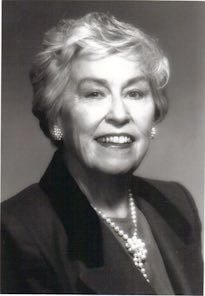 Martha Wright Griffiths
Government
1912
Missouri
1993
Martha Wright Griffiths
Government
1912
Missouri
1993

Martha Wright Griffiths
Congresswoman from Michigan 1955-1975, best known for successfully adding sex discrimination as a prohibited act in the 1964 Civil Rights Act. Griffiths also successfully led the Equal Rights Amendment passage in the House of Representatives.
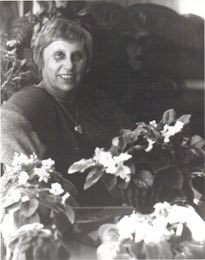 Ella Grasso
Government
1919
Connecticut
1993
Ella Grasso
Government
1919
Connecticut
1993

Ella Grasso
First woman elected a state governor in her own right. Grasso was elected Governor of Connecticut in 1974, serving until illness forced her retirement in 1980. She was also a Congresswoman and advocate for women, minorities and the elderly.
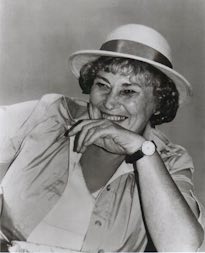 Bella Abzug
Government
1920
New York
1994
Bella Abzug
Government
1920
New York
1994

Bella Abzug
Civil rights and labor attorney elected to Congress from New York City in 1970. Abzug made her career as an advocate for women, the poor and those victimized by repression. A lifelong feminist activist, she played a major role in many national and international women’s conferences. Before her death, she chaired the Women’s Environment and Development Organization.
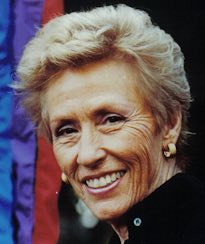 Jeanne Holm
Government
1921
Oregon
2000
Jeanne Holm
Government
1921
Oregon
2000

Jeanne Holm
In her 33 years in the Armed Forces from 1942 to 1975, Major General Holm, USAF, Retired, rose from private to two-star general. Her promotion in 1973 made her the first woman in the history of the U.S. armed forces to achieve the rank of major general. Her work to open ROTC and the military academies to women gave educational benefits and the opportunity for a professional military career to women from all walks of life.
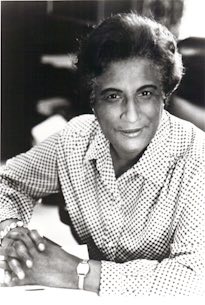 Constance Baker Motley
Government
1921
1993
Constance Baker Motley
Government
1921
1993

Constance Baker Motley
Attorney and jurist who, after performing landmark work with the NAACP with Thurgood Marshall and others, became the first African American woman elected to the New York State Senate. Motley was the first woman and African American to become Manhattan Borough President; she was the first African American women named to the federal bench.
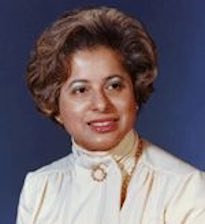 Patricia Roberts Harris
Government
1924
Illinois
2003
Patricia Roberts Harris
Government
1924
Illinois
2003

Patricia Roberts Harris
In 1965, President Lyndon B. Johnson appointed Harris ambassador to Luxembourg, making her the first African-American women to hold the position of ambassador. She then served as the first African-American woman to head a law school, when she was appointed dean of Howard University School of Law in 1969. In 1977, President Jimmy Carter chose Harris to be Secretary of Housing and Urban Development and eventually Secretary of Health, Education and Welfare, thus making her the first African-American woman to be appointed a Cabinet Secretary.
 Shirley Chisholm
Government
1924
New York
1993
Shirley Chisholm
Government
1924
New York
1993

Shirley Chisholm
First African American woman elected to the U.S. Congress. Chisholm was also the first African American woman to receive delegate votes for the presidential nomination of a major party. A member of Congress for many years, she was also an educator and writer.
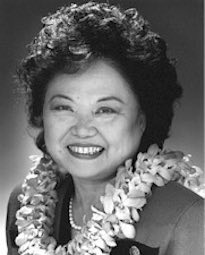 Patsy Takemoto Mink
Government
1927
Hawaii
2003
Patsy Takemoto Mink
Government
1927
Hawaii
2003

Patsy Takemoto Mink
As the first Asian-American Congresswoman in the history of the United States, attorney Patsy Takemoto Mink opened doors for women and minorities. Her persistence in securing the passage of Title IX in 1972 assured equal treatment for women in athletics in American educational institutions.
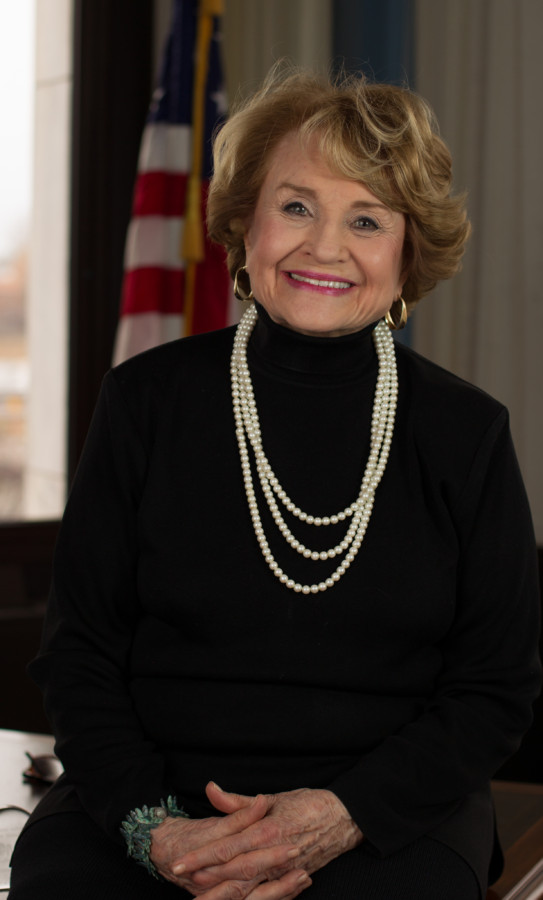 Louise Slaughter
Education, Government
1929
2019
Louise Slaughter
Education, Government
1929
2019

Louise Slaughter
A prominent advocate for women and POC, Louise Slaughter was a member of Congress for over 30 years. One of the longest-serving women in the House of Representatives, Slaughter was the first chairwoman of the House Rules Committee and the co-chair and founding member of the Congressional Pro-Choice Caucus, which works to promote reproductive health and protect a woman’s right to choose. Slaughter also established the Office of Research on Women’s Health and secured the first $500 million in federal funding for breast cancer research at the NIH, and she co-authored the landmark Violence Against Women Act, which has reduced cases of domestic violence by 67% since 1994. Representing upstate New York in Congress for decades, Slaughter was a scientist-turned-politician, a local and national leader whose work for women and for all Americans continues to shape our lives.
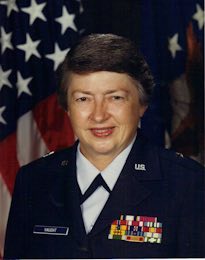 Wilma L. Vaught
Government
1930
Illinois
2000
Wilma L. Vaught
Government
1930
Illinois
2000

Wilma L. Vaught
One of the most decorated military women in U.S. history, Brigadier General Vaught, USAF, Retired, broke through many gender barriers to achieve a series of “firsts” that paved the way for military women serving today. She may be best known and most revered for her 12-year quest to permanently honor women in the military, raising over $45 million to build a major national memorial. The stunning 33,000 sq. ft. Women in Military Service for America Memorial facility and education center stands today at the gateway to Arlington National Cemetery.
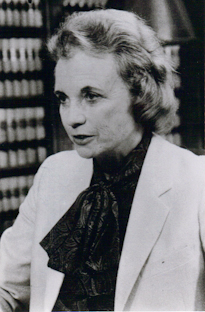 Sandra Day O'Connor
Government
1930
Texas
1995
Sandra Day O'Connor
Government
1930
Texas
1995

Sandra Day O'Connor
First woman appointed to the U.S. Supreme Court. Following successes as Assistant Attorney General and State Senator in Arizona, O’Connor was elected to Superior Court and then the Court of Appeals. She was named to the Supreme Court by President Ronald Regan.
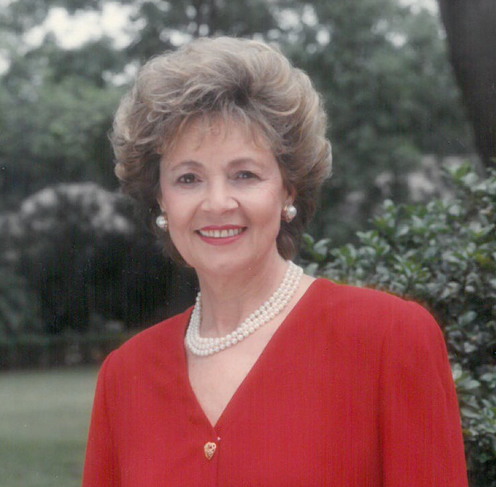 Matilda Raffa Cuomo
Education, Government, Humanities, Philanthropy
1931
New York
2017
Matilda Raffa Cuomo
Education, Government, Humanities, Philanthropy
1931
New York
2017

Matilda Raffa Cuomo
Established the nation’s first school-based one-to-one mentoring program, connecting over 10,000 students to trained mentors, and helping them to succeed in school, graduate, and advance in the workplace. The reach of this program, Mentoring USA, has expanded internationally.
